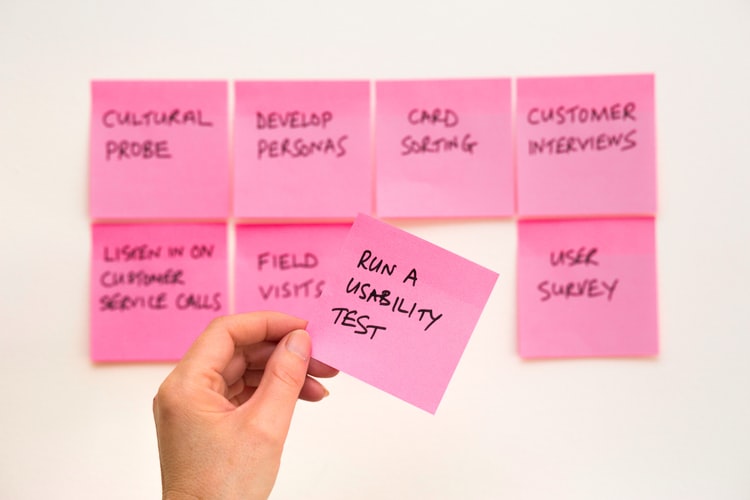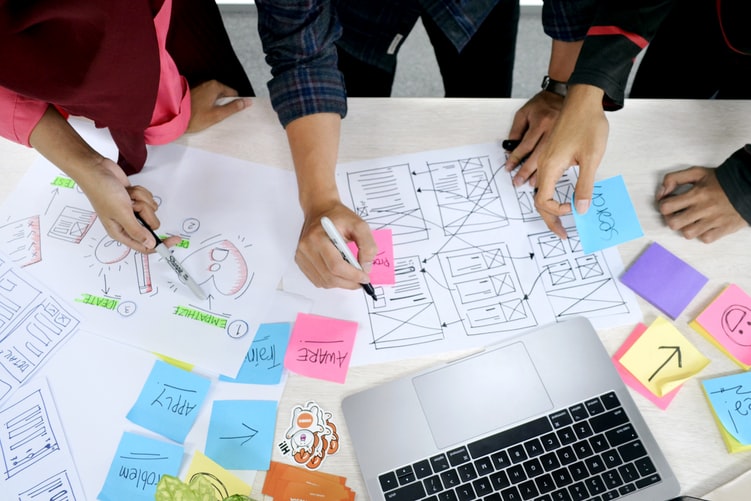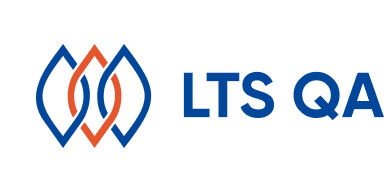As software testing is a compulsory procedure in any software development life cycle to ensure product quality, any tech company would need a team of testers to devise and execute tests.
As opposed to the increasing number of software developers available on the market, that of software testers is not abundant. In fact, it has been reported that there would be an alarming shortage of software testers as growing demand outstrips the number of graduates entering a profession that many reject as unglamorous.

Interview Software Tester – Essential checklist
Although the seemingly attractive offer of high salary is put on the table, it is still very difficult to find an experienced software testers. Hence, many businesses have to resort to the junior testers, hoping them could learn their way to more skills and knowledge.
With this resourceful yet inexperienced talent pool, businesses are compelled to preparing a thorough and complete checklist of what they have to know about there candidates for the job of software testers. The technical aspects that should be put into consideration are:
- Basic knowledge for testing types and how to approach testing
- Test environment
- Test domains, domain-specific knowledge & candidates’ experiences
- Test tools (for both technologies and management)
- Test process and how to adapt to that process
What interviewer should clarify about your software tester interview process
– Clarify what kind of testing engineers you are looking for. When it comes to testing, the two most popular jobs are manual testing and automation testing. For each of these approaches, there are different criteria for you to consider when interviewing.
– What domain(s) you are aiming at. If your business is fixed within a particular industry/service, this clarification won’t be too complicated. Nevertheless, in the case of IT Outsourcing vendors recruiting for their talent pool, the recruiter should clear out what domain(s) for their next project to find the best-suited candidates.
– The career path for engineer testers when they’re onboard. Many test engineer want to build their way up in their career path, and this is what they expect to get from their employer. Make sure that the interviewer and the interviewee stay on the same page in regards to career path to avoid any conflict in the future.
Technical aspects to interview software testers
Talent gap is not incommon, but it doesn’t mean you would have to hire any testers there are on the market. With careful consideration over what you want in your testers, finding the suitable candidates is not entirely an tough challenge.
1. Basic knowledge for testing types and how to approach testing
For every tester, it is a must for the candidates to cover the basic and fundamentals of what test types they are going to work with. If they fail to tell the differences of, let’s say, GUI testing and API testing, it can be a big disadvantage. The lack of basic knowledge can result in numerous hiccups during your work, not to mention the time wasted on training for this elementaries.
Hence, for this part, the interview questions should be devised to sort out the ones that did their research and those didn’t bother to learn.

Interview Software Tester – Testing types
Please do remember that any of the questions concerning testing types and the differences among them can be easily found and answered online with details. The interviewer should not identify these as the deciding factor for the interview results. Instead, this should be the defining factor of how good they are with theoretical knowledge.
Between manual testing and automation testing, the interviewer should ask somes questions with regards to their differences.
For example, you can ask what test types are suitable for automation testing and what test types can’t be executed with automation testing. These question help indicate the overall knowledge of testing that the candidates have, helping interview forming the initial perspective about them.
2. Test environment
To put it simple, a test environment is a setup of network, software and hardware for test executions. Also known as test bed, test environment is configured based on the Application Under Test.

Interview Software Tester – Test Environment
When interview want to dig deeper into how candidates work in their testing projects, there should be specific questions about the test environments. Through these questions, you can know:
- How does the candidate devise test environment? Is the process thorough enough or similar to that of your system?
- How does the candidate organize multiple environments for testing?
- What checklist of test environment elements that testers have to cover in their testing process?
3. Test domains, domain-specific knowledge & candidates’ experiences
As digital transformation is present in every aspect of out lives, so does software testing. However, among the applied domains, the most popular are finance & banking, healthcare, argriculture, entertainment, etc.
For each specific domain, there will be different software structures, hence the different approaches for software testing process.

Interview Software Tester – Test domains
For example, in the finance and banking system, the interviewer are likely to ask test candidates about the security testing process.
The reason for this is that for financial institution and organizations, data security tops of priority. Personal information and financial status stand as the most at-risk kind of information in the world. Working as a tester in this sector, the candidate is required to ensure each transaction be secure and accurate. For businesses working in finance and banking, the questions about how they carry our security testing are definitely on the list.
4. Which test tools (for both technologies and management)
When talking about test tools, we want to refer to both techical and managerial tools.
First, about management tools, it is recommended that the interviewer ask about the most frequently used tools and how the candidates can cooperate on that platform. The act of bug and work reporting should be also included in this part.
About technical testing tools, it should be divided into 7 main types of testing tools, including:
- Test detecting tool
- Mobile app testing tool
- Cross-browser testing tool
- Automated testing tool
- Load testing tool
- API testing tool
- Security testing tool
It is impossible for one for master all of the kinds of testing tool above. To know whether the candidate are suitable for your testing team, the interviewer should ask specifically about the testing tools that your team are gonna use the future.
5. Test process and how to adapt to that process
The testing process indicates how the whole testing team deal with one particular project. Normally, a testing process includes the following steps:
- Planning and Control
- Analysis and Design
- Implementation and Execution
- Evaluating exit criteria and Reporting
- Test Closure activities

Interview Software Tester – Testing process
These steps can be changed upon requests of clients with customization. ISTQB, which is a prestigious institution of testing and quality assurance has pressed the international standardized process for companies to follow. However, customization is also very common.
Walking through every step of the process, testing is executed with thorough analysis and close supervision. In these steps, it is vital to involve Business Analysis, Testers, Developers and QA staff to ensure a stringent and high-quality process.
With the 5 above aspects to get to know about your test candidates, through which you can devise a checklist of what you would want from them, we hope you can find your best-suited test engineers.
If you don’t know where to start with tester recruitment process, contact us for expert consulting at:
- Website: https://www.lotus-qa.com/
- Tel: (+84) 24-6660-7474
- Fanpage: https://www.facebook.com/LotusQualityAssurance

